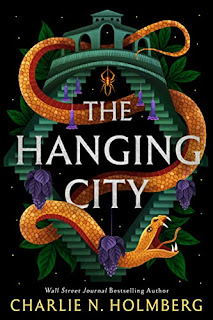Review of "The girl in the painting" by Renita D'Silva - World War 1 and India in the 1920ties - guilt and forgiving

English Margaret has an idyllic childhood growing up on an English country estate pre-world war 1. She plays with her two sisters in the large gardens and has loving parents. Then the war destroys all that and Margaret has to deal with her feeling of guilt. When she is a grown up woman she follows her husband to India thinking she can restore her childhood there starting a family of her own on his country estate. But then something happens that forces her again to choose between herself and someone else's life.
This is a novel about guilt and forgiveness. It returns in many forms. Not being able to forgive yourself, not being able to forgive the other or forgiving someone who does not deserve it.
It is certainly not a lightweight read that you will forget the moment you finished it. It made me think of what my friend Lisan said decades ago: "You should forgive but not forget". What also kept me musing was the ending. Will you feel happy that someone kept loving you or would you regret having wasted your whole life by not forgiving? According to friend Marc it is an economical theory that people tend to value mostly the last-minute good thing but I would have been devastated by regret.
The story is told from the point of view of three people: Margaret, an Indian woman around ten years her junior and her granddaughter.
If you liked the movie "Atonement" you probably will love this novel as well.
I can highly recommend it. A 5 stars out of 5.
PS I almost forgot: Margaret becomes a famous painter and that is reflected by the language in the novel. Often colours are used to describe a person, a feeling or a situation. Very well done.





Comments
Post a Comment